War and humanitarianism, medicine and public health, rights and justice... Discover CRASH publications sorted by themes.
The fact that CRASH publications are written from an aid practitioner's, rather than researcher's, perspective, does not exempt them from the demands of rigorous research methods. We try hard at this, with the help of (volunteer) research professionals. The publications are not the MSF party line, but rather tools for reflexion based on MSF's framework and experience. They have only one purpose: to help us better understand what we are doing. Criticisms, comments and suggestions are more than welcome - they are expected.
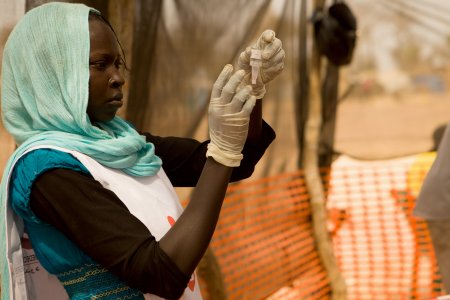 Karin Ekholm
Opinion
Karin Ekholm
Opinion
The polio eradication campaign: time to shift the goal
02/03/2014The social rejection of the polio eradication campaign in endemic countries challenges an assumption underlying the goal itself: the full compliance of an entire population to a public health programme.
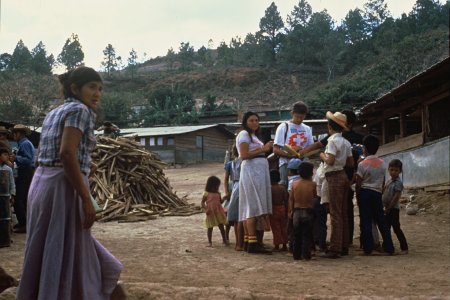 MSF
Speaking Out Case Studies
MSF
Speaking Out Case Studies
Salvadoran Refugees Camps in Honduras 1988
12/17/2013The « Salvadoran Refugee Camps in Honduras 1988 » case study describes the dilemmas regarding a stance that ... was not supposed to be public.
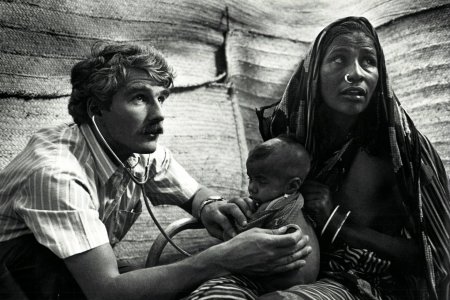 Sebastiao Salgado
Speaking Out Case Studies
Sebastiao Salgado
Speaking Out Case Studies
Famine and Forced Relocations in Ethiopia 1984-1986
11/13/2013The "Famine and Forced Relocations in Ethiopia 1984-1986" case study is describing the difficulties and dilemmas met by MSF during the famine that decimated the Ethiopian population in 1984-1985.
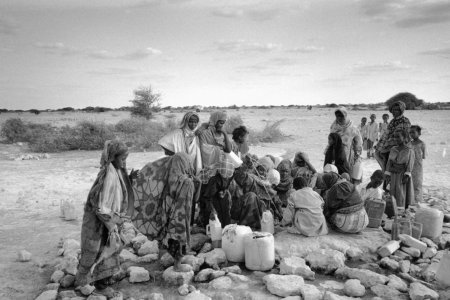 Petterik Wiggers
Speaking Out Case Studies
Petterik Wiggers
Speaking Out Case Studies
Somalia 1991-1993: Civil War, Famine Alert and a UN “Military-Humanitarian” Intervention
11/13/2013The ‘Somalia 1991-1993: Civil War, Famine Alert and a UN "Military-Humanitarian" Intervention‘ case study is describing the difficulties and dilemmas met by MSF during the first years that it was committed to helping the Somali people.
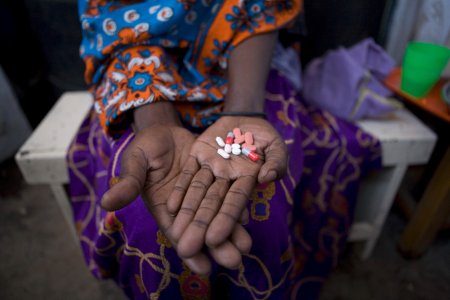 Brendan Bannon
Analysis
Brendan Bannon
Analysis
Deadly Gaps Persist in New Drug Development for Neglected Diseases
10/30/2013The Drugs for Neglected Diseases initiative (DNDi) and other researchers, including MSF-Crash Dr. Jean Hervé Bradol, report a persistent deficiency in truly new therapeutics for neglected diseases, despite nominal progress and an acceleration in research and development (R&D) efforts.
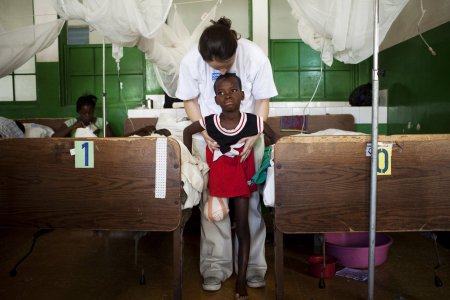 William Daniels
Cahier
William Daniels
Cahier
Disabilities and Medicine. A survey of the Amman surgical reconstruction project 2012
10/02/2013Our survey bears something of a resemblance to a study carried out by Vanja Kovacic in Homa Bay, Kenya, in which she investigated patients’ disease coping mechanisms and their “dependence on medical institutions”.
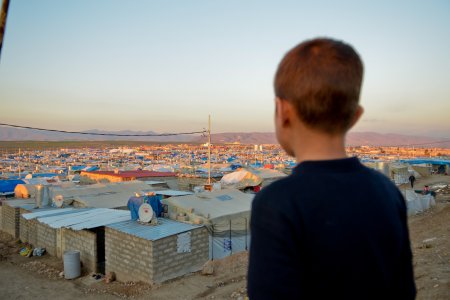 Pierre-Yves Bernard
Opinion
Pierre-Yves Bernard
Opinion
Syria: Breaking the De Facto Humanitarian Embargo against Rebel-Held Areas
03/19/2013While European Union members are debating the lifting of arms embargo on Syria, populations living in opposition held territories continue to be severed from desperately needed humanitarian aid. Yet, there is a controversy among aid agencies on the best ways to scale up relief activities in Syria.
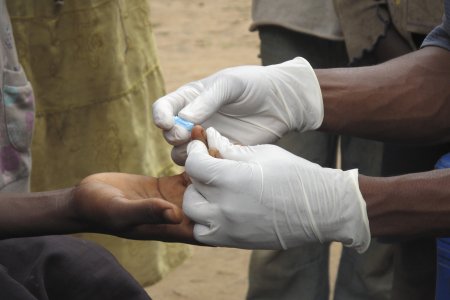 Gijs Van Gassen
Opinion
Gijs Van Gassen
Opinion
Doctor WHO?
09/03/2012In this chronicle "Alternatives Internationales", Rony Brauman discusses the return of using community health workers as primary access points for healthcare, in the recommendations of the WHO and practices of some governments.
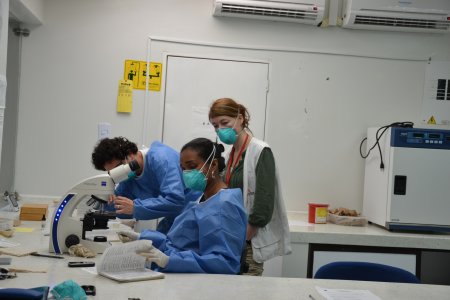 Karine Bodart
Analysis
Karine Bodart
Analysis
Refusing to accept the death toll from drug-resistant TB
04/27/2012Epidemiological studies estimate that nearly nine million people were suffering from active tuberculosis (TB) in 2010, causing upwards of one and a half million deaths. More than 90% of these deaths took place in low- or middle-income countries, thus reinforcing an old idea that TB and poverty are strongly linked.
